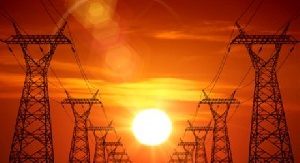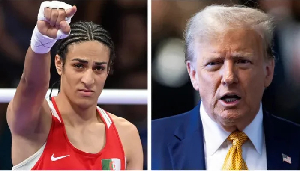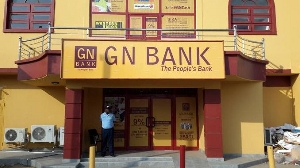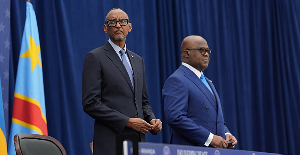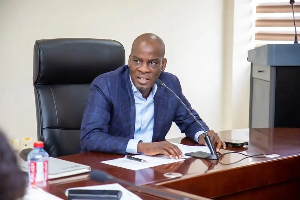President John Mahama’s latest promise concerning the current power crisis in the country is to stop making any more promises to Ghanaians about when the crisis will be over, Flag-bearer of the main opposition New Patriotic Party, Nana Akufo-Addo has observed.
“At the 2012 presidential debate, the President said he already had programmes in place to make load shedding a thing of the past by the end of 2013. Recently on Paul Adom Otchere’s “Good Evening Ghana” on Metro TV, the President gave us a new promise. What is this new promise? He is promising to stop giving us promises. Well, well, well,” he said Tuesday at the second Aliu Mahama memorial lecture.
Ghana is currently experiencing load shedding after state power producer Electricity Company of Ghana (ECG) decided to shed 450Megawatts of power as a result of a fall in production due to low water level at the hydro stations and lack of regular gas supply to the thermal plants in the country.
Domestic consumers go off the national grid for 12 hours every two days while industrial zones go off for two straight days and get connected back to the grid for six days uninterrupted.
While bemoaning the crisis, Akufo-Addo said: “To us in the NPP, reliable, affordable energy supply is the lifeline of our overall vision to transform the Ghanaian economy into a modern industrialised one.”
“We know we cannot secure the future without electricity to power our plans into that future. So solving once and for all, the culture of load shedding and mismanagement in the energy sector is a major priority for us,” he added.
He said: “The recent extension of load shedding to industries puts the entire economy and its capacity to attract new investment into grave danger. We know we cannot speak of industrialisation when we cannot give hairdressers and barbers electricity to stay in business.
“The future of our children is threatened when they have no light in their schools to study. Ghana is currently experiencing one of her worst levels of economic growth, job losses and income losses, partly because of an energy crisis we could have avoided. Yes. The current energy crisis was avoidable and can be avoided in the future,” he asserted.
He said the energy crisis can be fixed and “we intend to fix it with a long-term sustainable integrated energy plan that will start yielding results, if given the opportunity to win power to deliver power.”
Below is the rest of Akufo-Addo’s speech concerning the power crisis and the energy sector:
We are happy about the news that finally, Ghana’s largest ever private sector-built power plant, the $900m, 350MW plant by Cenpower in Kpone, which started nine years ago under President Kufuor, is taking off, bringing on board one of the major global players in the energy sector, the Japanese conglomerate Sumitomo. But, the challenges faced by the Kpone power project over the last few years is in itself a powerful reminder that we need to set the right market conditions to attract many more of such investments.
Ghanaians have shown that they are prepared to pay for electricity to go about their business. All they ask for is value for money; which means reasonably priced reliable supply. Investors, also, will put their money in our energy sector when they know that they will be paid and make profit, and that our currency will be stable and inflation will be tamed.
Beyond macro-economic issues and integrity of contract, another major challenge to growth posed by Ghana's power sector is not primarily a matter of limited generating capacity, but rather one of poor reliability. That is why, in spite of Ghana’s installed capacity of 3000MW, we still cannot meet our peak demand of 2000MW. Again, this can be fixed. We will do so, first, by appointing people who can do the work, set them clear goals and give them the resources and independence to deliver. We will ensure value for money in all procurement contracts. We must bring to an end the situation where consumers are forced to subsidise corruption and inefficiency in the power sector.
Let me stress, we will pursue vigorously a policy of greater private sector participation in the ownership and management of power generation. We see greater private sector investment and a strong, independent regulatory institution as necessary to securing Ghana’s future energy needs. Securing power for our citizens and industries will require new and significant, competitive investments in a mix of power generation, (including hydro, gas, solar, etc.), distribution, and energy efficiency.
General News of Wednesday, 10 December 2014
Source: starrfmonline.com

